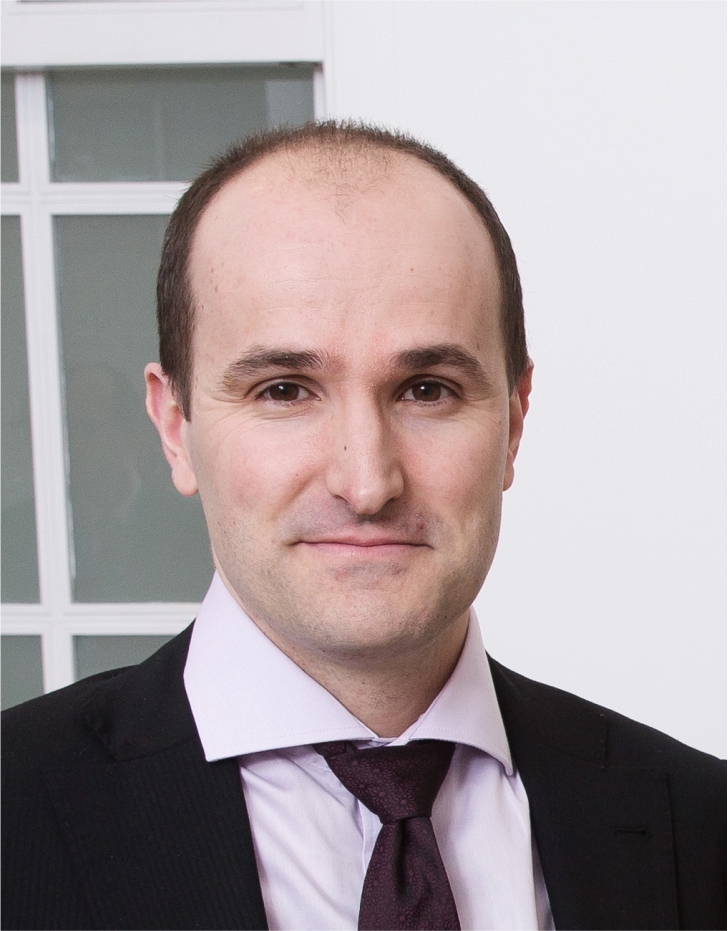FLIER programme helping to move science towards the clinic
Dr Marc Vendrell is a Principal Investigator at the University of Edinburgh who uses chemistry to detect and diagnose inflammatory diseases and cancer.
I got my training in Spain and then in Singapore and in the UK, where I became interested in the field of science that we call bioimaging. This is what I am passionate about.
In my work, I develop smart contrast agents. These are usually fluorescent compounds that are easy to spot and can be used to diagnose diseases, to help choose the right therapy for each patient and to understand how patients are responding to therapies.
A good example is tumour immunology. We have medicines that are meant to make the immune system better at killing cancer cells, but some of these drugs are toxic so when we use them, we need to find the right balance for every patient.
We can use our smart contrast agents to examine tumour biopsies and see not only if immune cells are there, but also whether they are active. If they are active, then we don’t need to give more medicine because the patient is already responding. If the cells are there but they are doing nothing, that means the patient is not responding well enough and they may need more treatment or a different treatment.
We’ve developed innovative technologies, but I feel that there’s room to improve on how we translate them to the clinic and in our understanding of the priorities for someone who works in industry, NHS or in policy. This was my motivation in applying for the FLIER programme.
On the programme, it’s been great to meet a very diverse cohort of people, including people who work in policy, clinicians, engineers and scientists in the pharmaceutical industry. It’s changing my perspective on how research can be translated to benefit patients.
It’s very easy to get caught in the track of publishing papers and getting grants, without thinking much about what real-life impact technologies can have in clinical practice.
Now, I understand better what clinicians and policy-makers think, and this is essential for developing any new technology. For example, I could make the coolest agent ever, but if that means an extra nurse and two hours longer in the surgery room, it may never fly. From the policy perspective, how expensive would this be, and would the NHS really take it? That sounds very obvious, but if you’re just talking to technology developers, you don’t have these conversations, you don’t have these insights.
I’ve been running my group for seven years and my motivation in academia is strong. There’s plenty of work to do and room to grow. Maybe I will reach a time in the future where I see that the next step is to translate this work into a different level and have different challenges. Of course, it would be the research that would take me to that point, but FLIER is expanding my network and introducing me to new people and other cultures. If you don’t understand other cultures, it’s very difficult to see yourself in those cultures. But if you understand what drives them, then it’s far more likely that you end up working with them.
Dr Marc Vendrell is a participant in Round 1 of the Academy of Medical Sciences’ FLIER Programme, a unique programme that will develop leaders of the future who can create collaborations across academia, industry, the NHS and government to drive innovation.
The FLIER Programme is generously supported by the Dennis and Mireille Gillings Foundation and the Government Department of Business, Energy and Industrial Strategy ‘Investment in Research Talent’ fund. If you would like to support the work of the Academy to develop talented researchers, visit our Supporters page.
